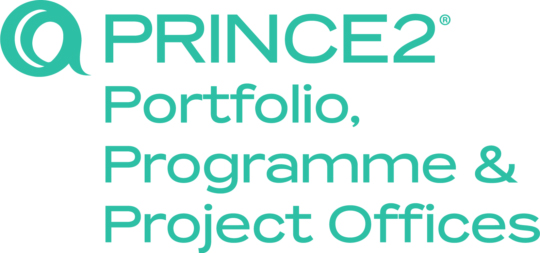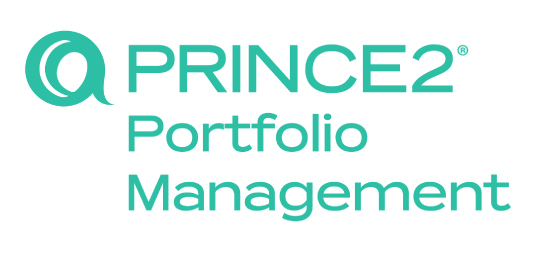 At a glance, the difference between a Project Manager and a PMO Manager might seem pretty clear – one runs a project, the other runs an office. But once you scratch the surface, the comparison becomes much more interesting. And messier.
At a glance, the difference between a Project Manager and a PMO Manager might seem pretty clear – one runs a project, the other runs an office. But once you scratch the surface, the comparison becomes much more interesting. And messier.
So let’s start simple.
A Project Manager is there to deliver something. They plan, they coordinate, they solve problems and make decisions. They lead the team, juggle expectations, manage the risks, they’re right there in the thick of it. Boots on the ground, sleeves rolled up.
The PMO Manager? Their job is to create the environment where lots of projects can succeed – not just one. They look at the bigger picture: the frameworks, the governance, the tools and templates, the way information flows between teams and decision-makers. Sometimes they’re setting the rules; sometimes they’re helping others bend them in just the right way.
One’s focused on doing, the other on enabling.
But that’s only part of it. When you dig into the actual competency frameworks (a competency framework is a structured way of defining the skills, behaviours, and knowledge needed to perform a role effectively), like the APM’s Project Management Competency Framework and the PMO Competency Framework from the House of PMO, it paints an even more nuanced picture.
PMs deliver the work. PMO Managers deliver the conditions for work to succeed
A PMO is a team, department, or individual responsible for defining and maintaining project delivery standards across the organisation. That might mean creating templates, managing reporting cycles, building capability, or overseeing the whole portfolio.
There are lots of different flavours – Portfolio PMO, Programme PMO, Delivery PMO, and more. What matters is the value it brings to successful project management in an organisation.
What the Competency Frameworks Say (and What They Don’t)
The APM framework describes a Project Manager who’s skilled in things like:
-
Planning and scheduling
-
Risk and issue management
-
Stakeholder engagement
-
Governance
-
Change control
-
Cost and resource management
-
Leadership
And that all makes sense. These are delivery-focused competences. They’re about getting the job done or more accurately, getting a single job done well – delivering a project.
The PMO Competency Framework, on the other hand, is built around a broader set of domains things like P3M (project, programme, portfolio) delivery support, enabling services such as governance, assurance, administration, and of course, managing the PMO itself. It asks different questions:
-
Can you build consistent approaches across a portfolio?
-
Can you analyse performance across multiple initiatives?
-
Are you coaching others? Raising standards?
-
Do you understand governance in a broader, enterprise-wide sense?
It’s strategic. Often quite analytical. And, in many cases, a little more reflective.
When you read each of the competency frameworks its clear how little they actually overlap. Sure, there are shared ideas, communication, governance, stakeholder relationships but the day-to-day application of those things is very different. A Project Manager is out there building relationships to move a project forward. A PMO Manager might be building relationships to help standardise how all projects report on benefits. Same word. Different reality.
PMs make delivery happen. PMO Managers make delivery work.
PM vs PMO Competency Focus
| Area of Competency | Project Manager (APM) | PMO Manager (PMO Framework) |
|---|---|---|
| Delivery Planning | ✅ Core | ⚪ Light |
| Risk & Issue Mgmt | ✅ Core | ⚪ Light |
| Stakeholder Engagement | ✅ Operational | ✅ Strategic (multiple layers) |
| Governance | ⚪ Executes | ✅ Designs & Oversees |
| Reporting | ✅ Project-level | ✅ Portfolio-level |
| Capability Development | ⚪ N/A | ✅ Core PMO role |
| Framework/Process Design | ⚪ N/A | ✅ Core PMO role |
Of course, in the real world, roles rarely stay in their neat boxes.
Project Managers often end up doing PMO-type work without realising it. Creating a better RAID log template because the current one doesn’t quite work. Mentoring a junior PM. Suggesting a tweak to the way benefits tracking is done. And suddenly, that is halfway into a PMO mindset.
PMO Managers? Especially in smaller or less mature organisations, they’re not just managing frameworks. They might be hands-on with delivery, running steering groups, filling gaps, even firefighting now and then.
One Leads the Work. The Other Shapes the Way
Maybe that’s the simplest way to put it.
A Project Manager leads a team to deliver a specific outcome.
A PMO Manager leads the function that supports and governs all the outcomes being delivered.
That doesn’t mean one is more senior, or more valuable. They’re just wired differently. The PM cares deeply about this project. The PMO cares about every project and how they all fit together.
Project Managers tend to operate at a tactical level focused on execution and outcomes.
PMO Managers usually work at a strategic or operational level aligning projects to organisational goals, standards, and performance. They’re both crucial just with different time horizons and scopes of influence.
What Next?
If you’ve made your way through all this and thought “Actually… I think I straddle both roles” – you’re not alone. Lots of people in PMO started out in delivery. And plenty of PMs benefit hugely from understanding how PMOs work.
It’s all part of the same ecosystem.
So, if you’ve got a story to share – a role switch, a blurred line, or even just a PMO learning you wished someone had told you earlier – pop it in the comments or head over to the Linkedin group.
You never know who might nod along and say, “Same here.”
Enjoying Our Blog?
Sign up and receive all our articles (we’ll send you an update once a week!) plus special offers and events:







